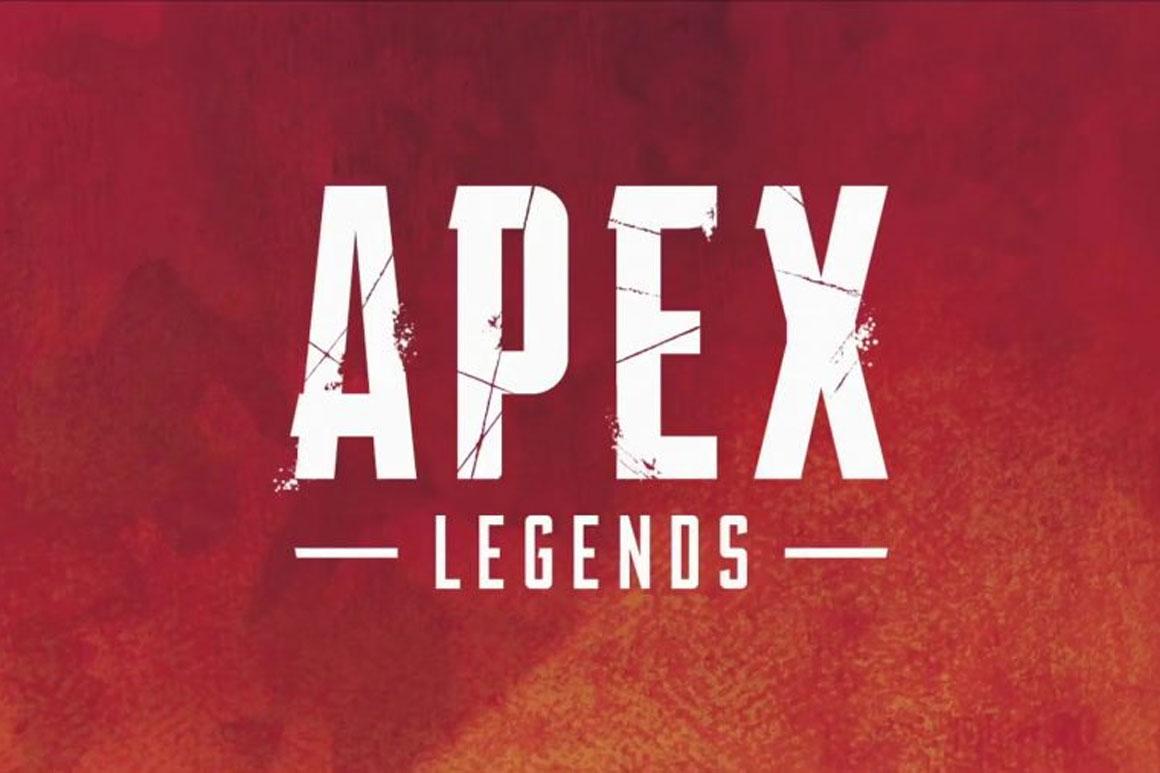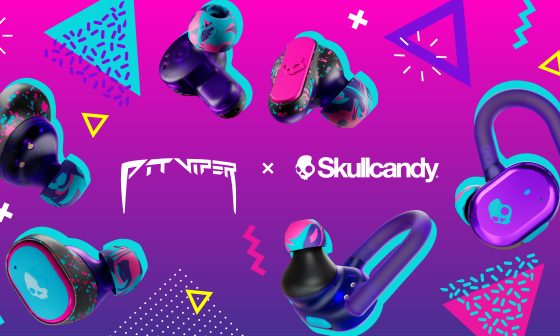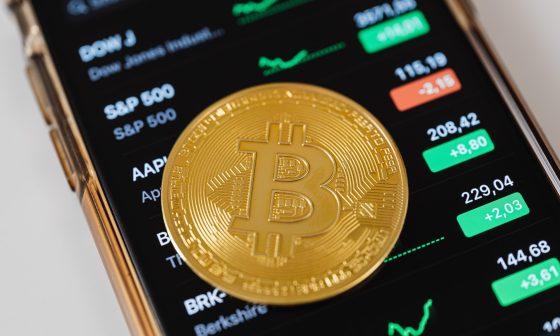When free-to-play games first came about, there were heavy doubts as to whether this model would ever prove viable in the AAA industry. Over time, these doubts were proven unfounded, as many leading companies adopted these systems, with titles such as League of Legends becoming international success stories.
More recently, this has been seen with the likes of breakout battleground-type games with Fortnite and the recently released Apex Legends. Despite being released with little fanfare or marketing, Apex Legends smashed records and raised the bar for how free-to-play games can perform.
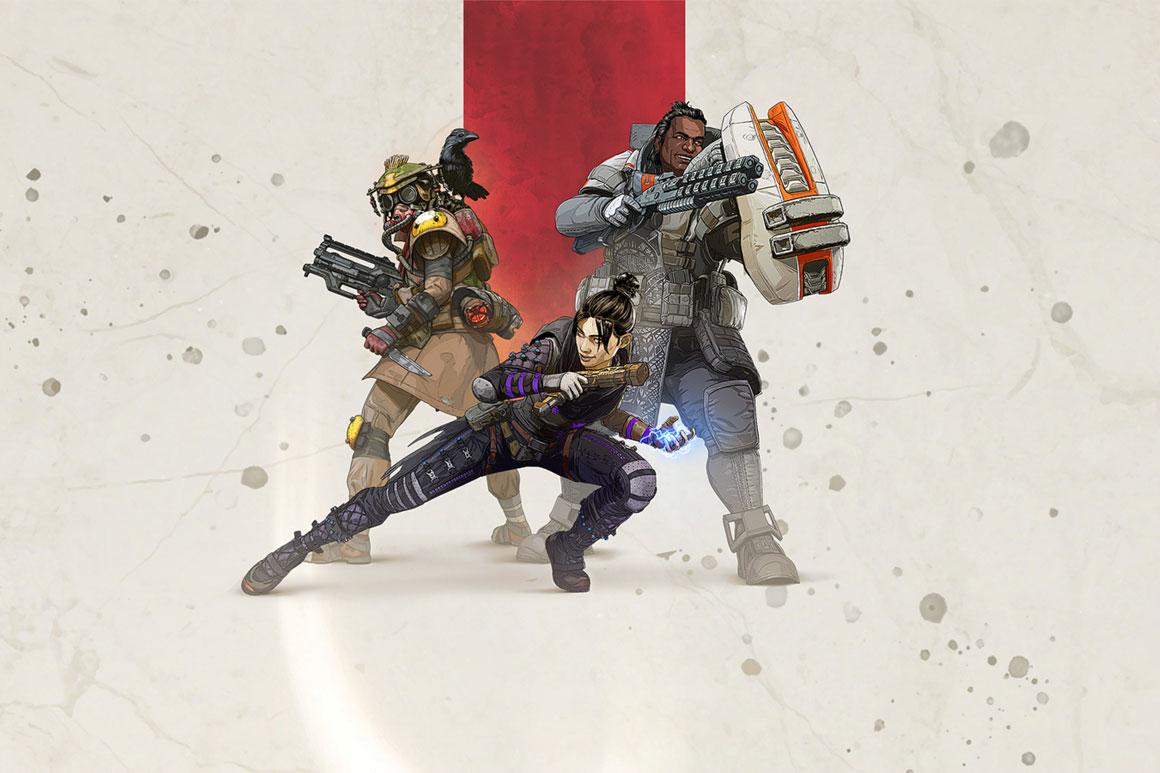
Within 24 hours, the game had exceeded 2.5 million players – a number which climbed to 25 million after a week. For context, it took Fortnite six weeks to reach this number after its 2017 release, which was much heavier advertised.
So what is it that makes this free-to-play model and Apex Legends in particular so popular?
A big part of the F2P success comes from exactly how this model is implemented. The basics of this system mean that actually playing the game is free, but there are other avenues which can be pursued should enthusiasts wish to engage further. This has proven so often to be a difficult balancing act between offering enough to get players interested and yet enticing them enough to spend money without it being strictly necessary.
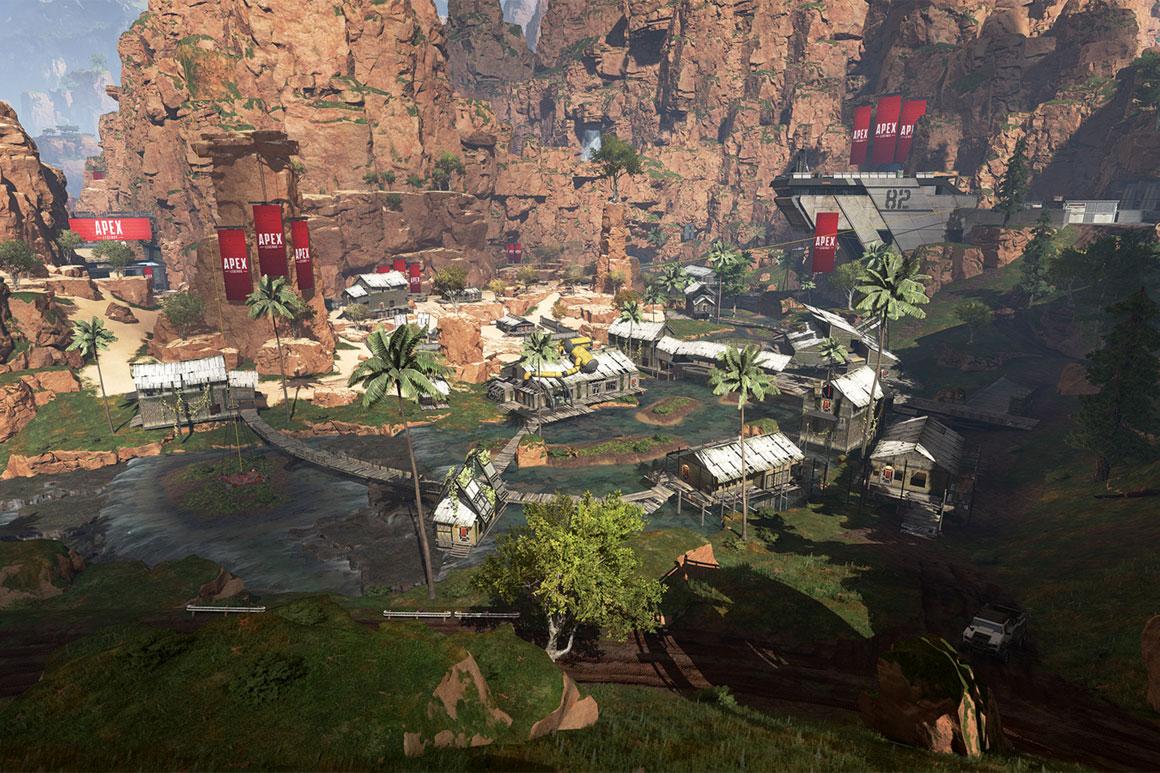
In this, Apex Legends and other games owe heavily to other bonus systems on online services such as those offered by online casinos. The websites listed on CasinoWings, for example, offer a wide range of games from table games to slots, but this promise is only part of the equation. Instead, they rely on bonuses like free spins and deposit matches to offer enough to draw initial interest. What’s more, there are free play options (which can’t lead to any monteray wins) and paid options on most platforms, too.
Apex Legends follows this method far better than most, with all F2P players gaining almost everything gameplay-wise from the get-go. Once installing the game, players will have access to everything on a gameplay front as everybody else, regardless of how much paid players would have invested. The sole exception here is two of the eight currently available characters.
These characters can either be purchased immediately with cash currency, or through the tokens earned by playing and leveling up. With each new character unlockable in about ten hours of leveling up, not a long time in the context of online gaming, this creates a system far more generous than most. The best part here is that there is so much variety in the other characters that these unlockable two aren’t at all necessary, and are more of just an eventual bonus or goal to work towards.
The other facets of this F2P system are bound to the other two currencies, crafting and premium. Again, crafting currency can also be gained through paying but also in-game, while the premium currency is just that, only available through cash investment. They key here is all unlockables, save for the characters, are cosmetic, effectively avoiding the sole issue many of us have with more traditional F2P models.
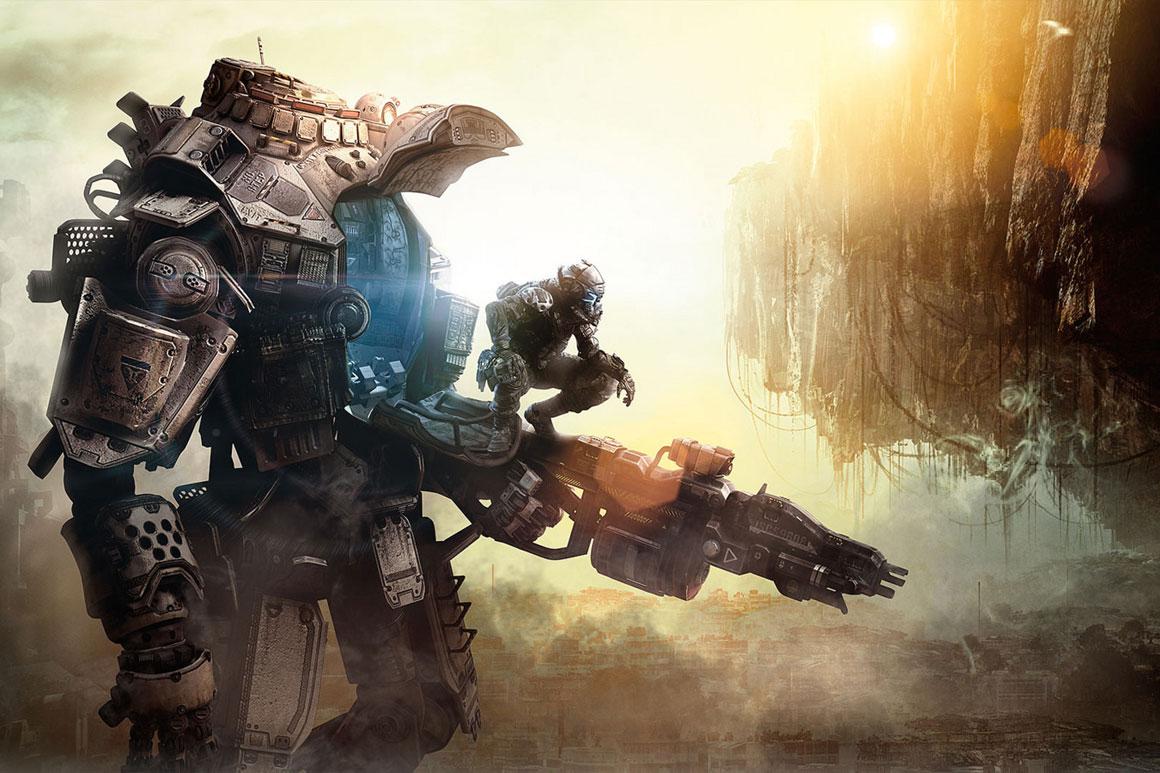
Of course, a large part of the continued viability of the game comes from the developers at Respawn. Having proved their worth recently with the Titanfall series, on which this release is based, Respawn brought a remarkably solid experience, especially impressive given their lack of public beta testing.
Traversal in this game feels amazing, the weapons all feel useful, and each character has something to offer without any feeling over or underpowered. This is tied together through the use of a marking or pinging method. Through a simple yet remarkably robust system, players can effectively communicate without the need for voice chat on a level video games have accomplished rarely, if ever.
The gaming industry, as much as we love it, is often one of slow development on the AAA front. With the success of this game, expect many others to drop their traditional and less-than-impressive systems in favor of taking the Apex Legends path.
Even better, on a personal front, this gives a great hope for Titanfall 3, which we feared canceled after the terrible release schedule for the second game thanks to ignorance on the part of much-maligned publisher EA.
